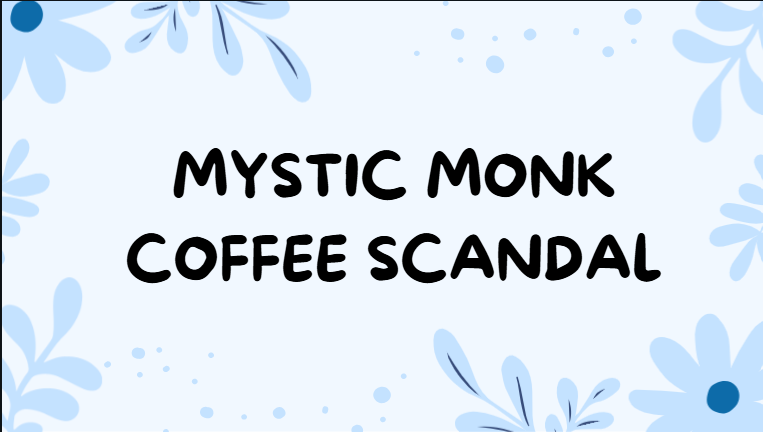Mystic Monk Coffee is a coffee brand created by a group of Catholic monks in Wyoming, USA. These monks belong to the Carmelite Monks of Wyoming. They wanted a source of income to support their monastery and spiritual life. Coffee seemed like a simple and honest business idea, and many people loved buying coffee that helped support a religious group.
The monks roasted the coffee themselves and sold it online. At first, the business was small but steady. People enjoyed both the taste of the coffee and the story behind it.
2. The Dream of a Bigger Monastery
The monks did not just want a business. They had a big dream:
- Build a new, large monastery in the mountains
- Create a peaceful place for prayer and worship
- Expand their religious community
To make this dream real, they needed millions of dollars. So, they used profits and donations raised from Mystic Monk Coffee to buy land in Wyoming.
3. How the Scandal Started
The scandal began when people discovered that donation money, which was meant for religious activities, was being used to buy a large ranch for the monastery. This raised many questions:
- Was the money used correctly?
- Were donors aware of how their money would be spent?
- Was the coffee business transparent?
Some critics claimed the monks did not clearly explain their plans. Supporters believed that buying land was always part of their religious mission.
The debate become bigger when news organizations and business experts looked into the case.
4. Ethical Questions and Public Reaction
Many people started asking ethical questions:
QuestionWhy It MattersDid the monks follow good business practices?Religious groups must be careful with donor trust.Was the ranch too expensive?It cost millions and seemed like a risky purchase.Was coffee business income used fairly?Donors thought money supported prayer work, not business expansion.
Some felt betrayed, while others defended the monks, saying they had pure intentions and only wanted to improve their spiritual home.
Public opinion became divided:
✅ Supporters said:
“The monks deserve a peaceful place to pray. Buying land is part of their calling.”
❌ Critics said:
“This is more like a business empire than a monastery.”
5. Impact on the Coffee Brand
The scandal brought a lot of attention to Mystic Monk Coffee — both good and bad.
Positive Effects
- More people learned about the brand
- Sales increased due to curiosity
- Supporters bought more to help the monks
Negative Effects
- Some donors felt misled
- Business trust was questioned
- Media placed the monks under strong criticism
Even with the drama, the brand continued to grow. Many customers still enjoy the coffee today.
6. Lessons Learned
The Mystic Monk Coffee scandal teaches several important lessons:
✔ Clear Communication Matters
Organizations must clearly explain how money will be used.
✔ Transparency Builds Trust
Donors should always know where their funds go.
✔ Faith Groups Are Not Above Business Rules
Even religious missions must follow ethical and legal standards.
✔ Public Scrutiny Never Sleeps
Once a brand becomes popular, people expect honesty at every step.
7. Where Are They Now?
Despite the controversy, Mystic Monk Coffee is still active. The monks continue:
- Selling coffee online
- Expanding their religious community
- Working toward their monastery goals
They claim their mission remains rooted in prayer, peace, and hard work.
8. Conclusion
The Mystic Monk Coffee scandal shows how good intentions can still lead to public conflict. The monks only wanted to grow their monastery, but unclear fundraising and high-risk business decisions caused a massive debate.
Was it a scam or simply a spiritual dream with business challenges?
People still argue. But one thing is clear: Mystic Monk Coffee became famous worldwide, not just for its taste, but for the story behind it.
FAQs
Q1: Why was it called a scandal?
Because people felt money meant for religious use was spent without proper transparency on a big land purchase.
Q2: Did the monks break any laws?
There is no strong evidence of illegal action. The main problem was ethical concern, not crime.
Q3: Can I still buy Mystic Monk Coffee today?
Yes! The brand still sells many types of coffee online.
Q4: Did the scandal hurt the monks?
It damaged their trust with some supporters, but it also brought more attention and customers.
Q5: Are the monks still trying to build a large monastery?
Yes, that is still their long-term dream and mission.


